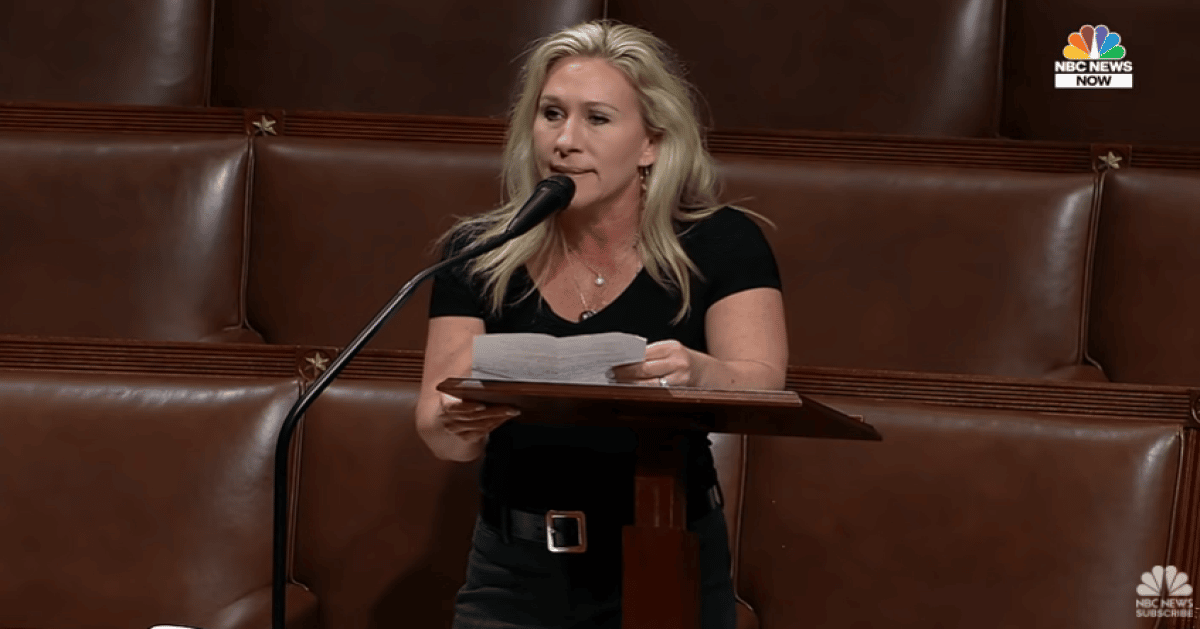




Ozzy Osbourne, the wild-hearted frontman of Black Sabbath, has left the stage for the last time. The rock legend died at 76, a loss that’s hit fans like a freight train. His larger-than-life persona defined an era, but his exit reminds us even icons aren’t immortal.
Fox News reported that Osbourne passed on July 22 from cardiac arrest, worsened by acute myocardial infarction, coronary artery disease, and Parkinson’s disease.
This cocktail of ailments, listed on his death certificate, ended a career that defied the odds for decades. The news landed hard, especially for those who saw him as rock’s unkillable rebel.
His final show with Black Sabbath was a marathon, a 10-hour spectacle in Birmingham, England, on July 5. Hosted by Jason Momoa, it featured heavyweights like Metallica, Guns N’ Roses, Jack Black, and Steven Tyler. That Osbourne could still command such a stage at 76, despite Parkinson’s, speaks to his unrelenting grit.
Birmingham, Osbourne’s hometown, became the heart of his farewell. A procession of thousands followed his hearse down Broad Street to the Black Sabbath bench, a 2019 landmark on the canal bridge.
The city’s love for its son was palpable, a stark contrast to the progressive sanctimony that often dismisses such raw, unpolished devotion.
Osbourne’s family confirmed his passing with a statement dripping with grief. “It is with more sadness than mere words can convey that our beloved Ozzy Osbourne has passed away this morning,” they told Fox News Digital. The plea for privacy is understandable, but the woke crowd’s obsession with public mourning might not respect it.
Surrounded by family, Osbourne died at peace, they said. He leaves behind Sharon, his wife of 43 years, daughters Kelly and Aimee, son Jack, and Jessica, Elliot, and Louis from his first marriage to Thelma Riley. That’s a legacy of love, not just music, though you’d never know it from the media’s fixation on his wild days.
A private memorial by the Osbournes’ lake was pure Ozzy—unapologetic and bold. Kelly Osbourne shared an Instagram post of a floral tribute spelling out “OZZY F---ING OSBOURNE,” a fittingly irreverent goodbye. The sanctimonious types clutching their pearls over the language miss the point: this was Ozzy’s spirit, unfiltered.
The memorial drew rock royalty—Zakk Wylde, Rob Zombie, Marilyn Manson, James Hetfield, and reportedly Sir Elton John.
No woke posturing here, just real people honoring a man who lived authentically. Compare that to the polished, performative grief of today’s celebrity culture, and it’s refreshing.
Osbourne’s Parkinson’s diagnosis, revealed in 2022, was a quiet battle he fought publicly. Yet he never let it dim his fire, performing until the end. That resilience shames the victimhood culture that dominates modern discourse—Ozzy didn’t whine; he rocked.
In a 2011 column for The Times, Osbourne wrote, “I honestly don’t care what they play at my funeral; they can put on a medley of Justin Bieber, Susan Boyle and We Are the Diddymen if it makes ’em happy.” That’s classic Ozzy—humor over self-importance. The progressive elite could learn from his refusal to take himself too seriously.
“I’d also like some pranks: maybe the sound of knocking inside the coffin; or a video of me asking my doctor for a second opinion on his diagnosis of ‘death,’” he added.
The man wanted laughter, not tears, at his send-off. Contrast that with the dour, overly curated memorials pushed by today’s cultural gatekeepers.
“There’ll be no harping on the bad times,” Osbourne insisted. His focus on joy over regret cuts through the modern obsession with dwelling on past sins. He lived hard, loved harder, and didn’t need a lecture on redemption.
Osbourne’s wish for a lakeside burial on his 250-acre property, as reported by The Daily Mail, reflected his desire for peace.
He didn’t want a somber affair but a celebration, as he wrote in 2011. The woke tendency to overcomplicate grief with social justice buzzwords would’ve bored him to death—if he wasn’t already gone.
“So to answer your question, yes, a bit of planning is the right thing to do for the family you leave behind,” he wrote. That practical wisdom, born of experience, stands out in an era where feelings trump foresight. Osbourne’s clarity on family matters exposes the shallowness of trendy ideologies.
“That’s why I don’t want my funeral to be sad. I want it to be a time to say ‘thanks,’” he concluded. His call for gratitude over gloom is a rebuke to the perpetual outrage machine—a fitting final note from a man who lived unapologetically, rocking the world while staying true to himself.



